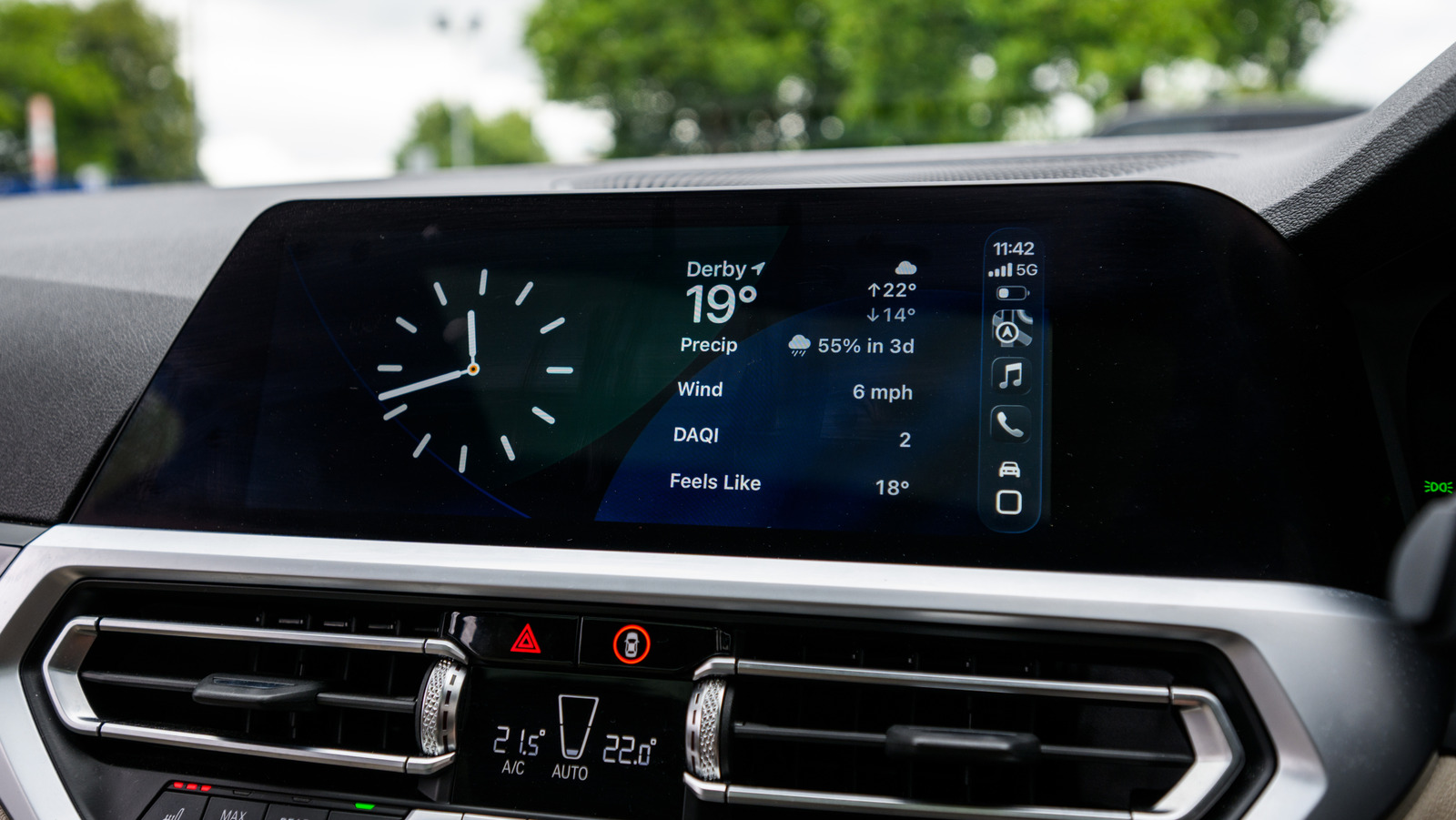Thomas Fuller | SOPA Images | Lightrocket | Getty Images
A judge ordered that X and xAI’s lawsuit accusing Apple and OpenAI of trying to maintain monopolies in artificial intelligence markets must remain in federal court in Fort Worth, Texas, despite “at best minimal connections” to that geographic area by any of the companies.
Judge Mark Pittman, in a sharply ironic four-page order on Thursday, encouraged the companies to relocate their headquarters to Fort Worth, given their preference for the antitrust lawsuit to be heard there.
In a footnote, he even flagged the companies to the website of the Business Services unit of the City of Fort Worth “to get the process started” of relocating there.
Pittman’s order implicitly aims at the tendency of some plaintiffs of a conservative bent to file lawsuits in the Fort Worth division of the U.S. Northern District of Texas courts to increase their chances of winning favorable rulings from the two active judges there, both of whom were appointed by Republicans.
Those plaintiffs have included X and Tesla, both controlled by mega-billionaire Elon Musk, who, until earlier this year, was a top advisor to President Donald Trump.
Pittman was appointed by Trump, but has been critical of the practice of targeting lawsuits to specific judicial districts, known as forum-shopping.
In his order on Thursday, Pittman said that the Fort Worth division’s docket is two to three times busier than the docket of the Dallas division, which has more judges.
Pittman’s order noted that neither Apple nor OpenAI has a strong connection to Fort Worth, other than several Apple stores.
“And, of course, under that logic, there is not a district and division in the entire United States that would not be an appropriate venue for this lawsuit,” Pittman wrote.
X Corp. is headquartered in Bastrop, Texas — roughly 200 miles south of Fort Worth — while both Apple and OpenAI are headquartered in California. Musk’s xAI acquired his social media company X in March in an all-stock transaction.
“Given the present desire to have venue in Fort Worth, the numerous high-stakes lawsuits previously adjudicated in the Fort Worth Division, and the vitality of Fort Worth, the Court highly encourages the Parties to consider moving their headquarters to Fort Worth,” the judge wrote.
“Fort Worth has much more going for it than just the unique artwork on the fourth floor of its historic federal courthouse,” Pittman said.
The judge had asked the three companies to explain why the case belonged in the Fort Worth court.
But neither Apple nor OpenAI requested that the case be moved before the judge’s Oct. 9 deadline, Pittman noted in the order.
Still, Pittman opted to keep the case in the Fort Worth division.
“The fact that neither Defendant filed a motion to transfer venue serves as a consideration for the Court,” the judge wrote. “And the Court ‘respect[s]’ Plaintiffs’ choice of venue.”
“But the Court does not make its decision lightly or without reservations. This case contains at best minimal connections to the Fort Worth Division of the Northern District of Texas,” Pittman wrote. “Possibly one of the strongest points made by Plaintiffs is the mere fact that ‘Apple sell[s] iPhones [in this Division] (and many other products) and OpenAI offer[s] ChatGPT nationwide.'”
“After more than a decade of service presiding over thousands of cases in three different courts, the undersigned continues to feel strongly that ‘[v]enue is not a continental breakfast; you cannot pick and choose on a Plaintiffs’ whim where and how a lawsuit is filed,'” the judge sniped.
But Pittman noted that he had little, if any, choice in the decision to keep the suit in his courthouse.
The U.S. 5th Circuit Court of Appeals, whose jurisdiction includes federal courts in Texas, has raised “the standard for transferring venue to new heights,” Pittman wrote.
Last year, the 5th Circuit twice slapped down orders by Pittman to transfer to Washington, D.C., a lawsuit by trade groups representing large banks challenging a rule issued by the Consumer Financial Protection Bureau, which capped credit card late fees at $8 per month.
The 5th Circuit said Pittman’s court “clearly abused its discretion” in trying to move the case.
OpenAI declined to comment to CNBC, referring a reporter to its public filings in the lawsuit. X and Apple did not immediately respond to a request for comment.
Musk’s X and xAI sued Apple and OpenAI in August, alleging the companies of an “anticompetitive scheme” to maintain monopolies in artificial intelligence markets.
The lawsuit accused Apple of favoring OpenAI’s ChatGPT on its App Store rankings and deprioritizing other competitors, such as xAI’s Grok.
Earlier this month, a judge in Washington, D.C., blocked Musk’s request to move the Securities and Exchange Commission’s lawsuit over his alleged improper disclosure of his stake in Twitter to Texas. Musk renamed Twitter to X after purchasing the company.
Source link


